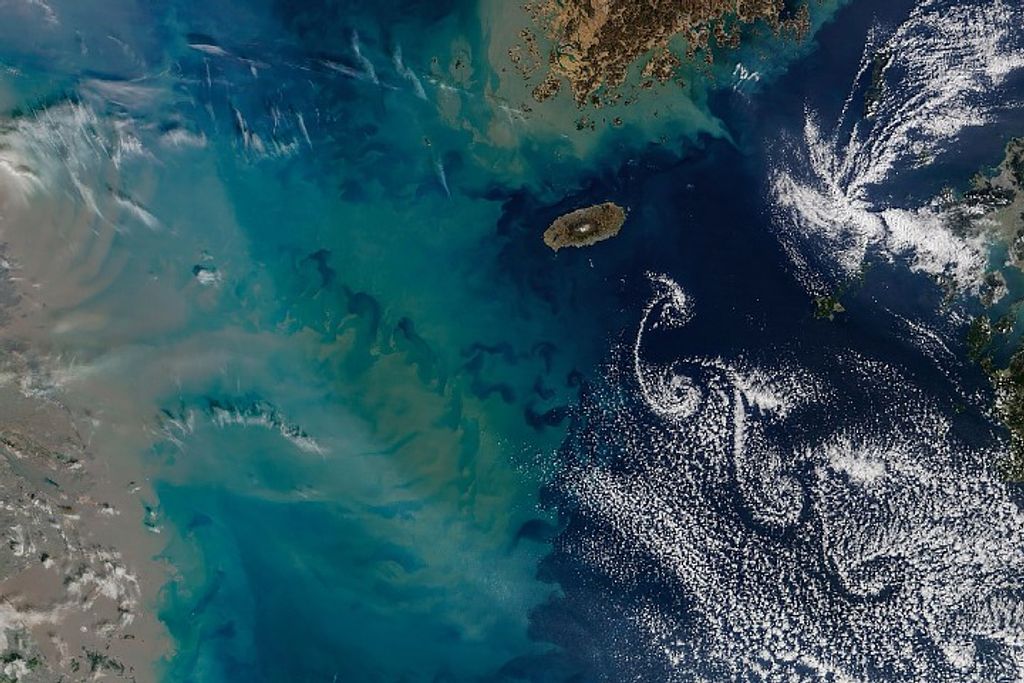December 1, 2023
It is my pleasure to share information about new hires within NASA’s Science Mission Directorate (SMD) on this blog, and it is also my bittersweet duty to share information about retirements. After 40 years with NASA, Kristen Erickson – Director of NASA Science Engagement & Partnerships Division -- will retire at the end of 2023.
Kristen has made many contributions to the agency. Over the years she has mentored dozens of scientists and engineers to carry on NASA’s legacy of sharing the science with audiences of all ages. Kristen started her career at the Johnson Space Center in Houston, Texas, in 1983. After witnessing the Space Shuttle Challenger tragedy, she transferred to NASA Headquarters in Washington for Return to Flight and led the Space Operations Business office for nine years during the heyday of the Space Shuttle Program when eight missions per year were flown.
After graduating from Harvard’s Kennedy School on a NASA fellowship, she returned to work for at NASA Headquarters. She was chosen as the lead management executive for the new Office of Biological and Physical Research – which has since joined as a division in the Science Mission Directorate. She then moved to leading the new Office of Communications Planning under then Deputy Administrator, Shana Dale, where her role was to forge a more cohesive strategic public engagement environment. Her work there included leading the agency’s 50th anniversary activities, including “NASA at the Smithsonian Folklife Festival,” Future Forums to engage top-tier community leaders, and the Apollo 40th Anniversary events.
Kristen brought those goals of working for a more integrated approach to engaging with audiences to her new job with NASA science in 2009. There she created the Year of the Solar System campaign to transition awareness and excitement post-Space Shuttle to science events and missions. Comet encounters, Venus transiting of the Sun, science launches, and the historic landing of Curiosity Rover on Mars – all broke engagement records and helped show that working together on a common theme (and using data to drive decisions) was better than a siloed approach.
In addition to integrating messages and plans, Kristen worked hard to create integrated working groups as well. She helped create robust teams of diverse individuals, whose different skills and expertise combined together to pull off giant and complex projects.
One such project was NASA’s 2017 total solar eclipse communications efforts, which engaged over 88% of the US adult population and still holds agency records – though Kristen says she hopes those records will soon be broken with the upcoming April 8, 2024, eclipse broadcast.
When asked to say something about her career, Kristen said: “The power of the NASA team to do the impossible never fails to inspire, especially when all feel included in the process.”
I wish her luck in the next phase of her life and know that her legacy lives on with a robust team of science engagement experts – whose integrated skills will continue to bring NASA science to learners of all ages.


























